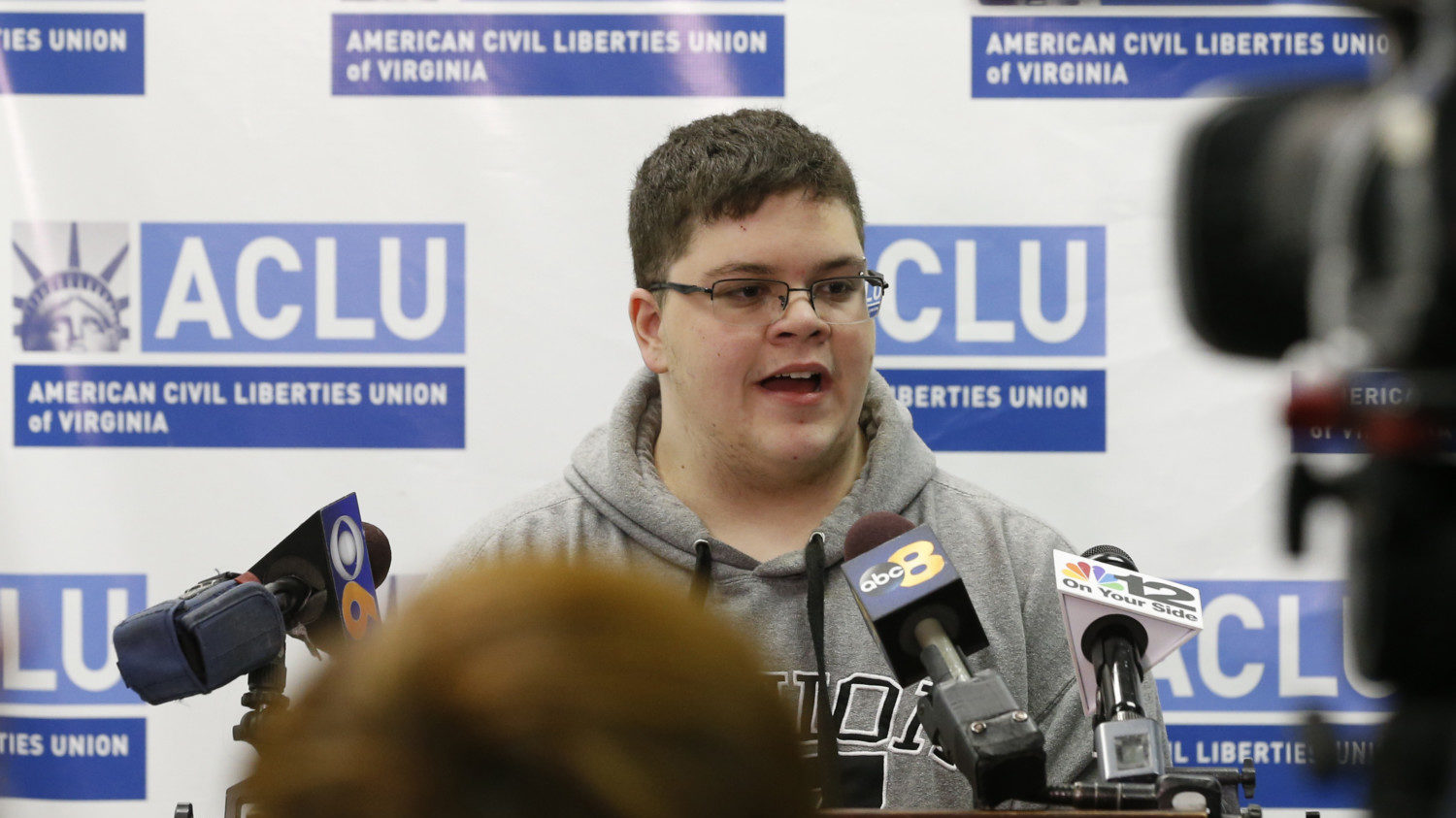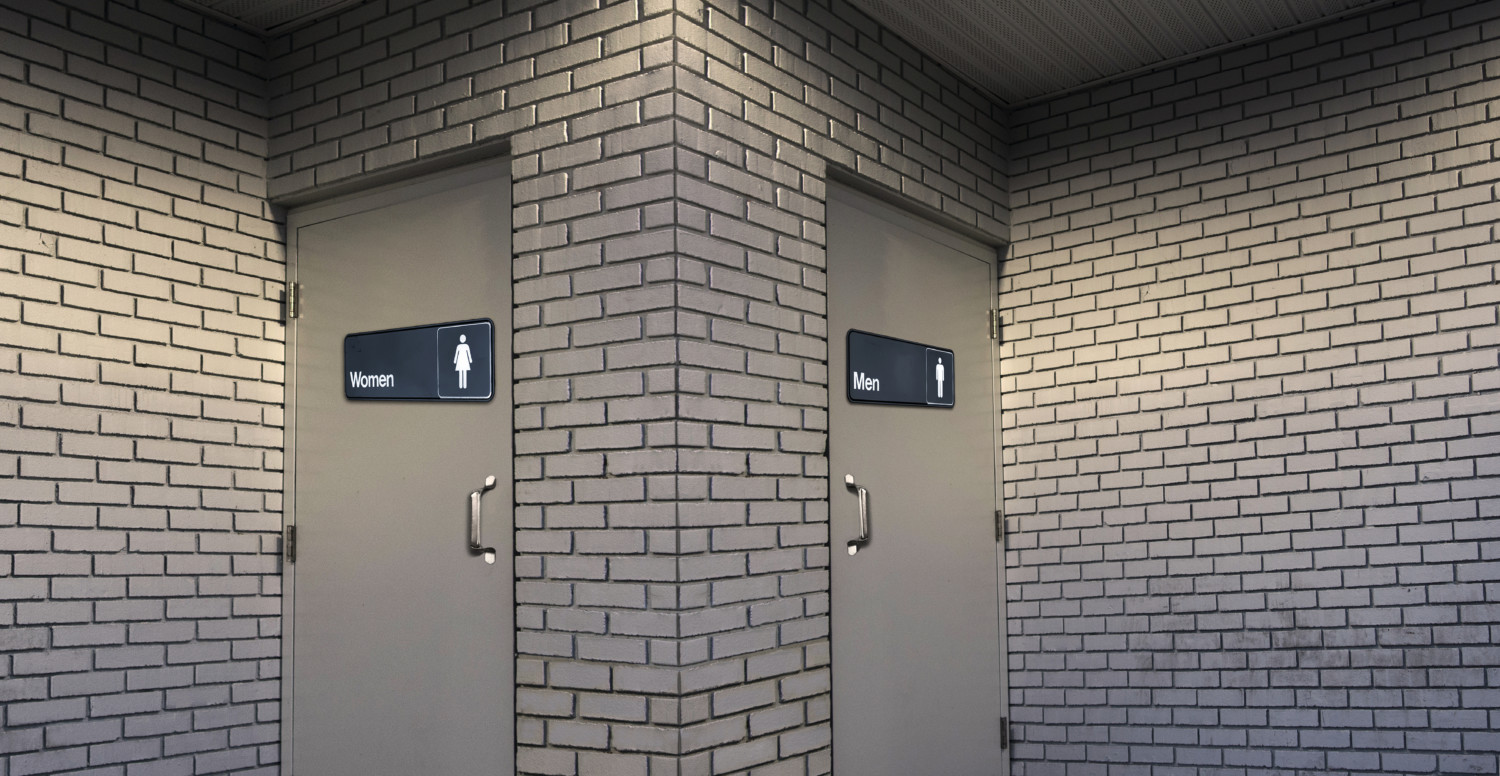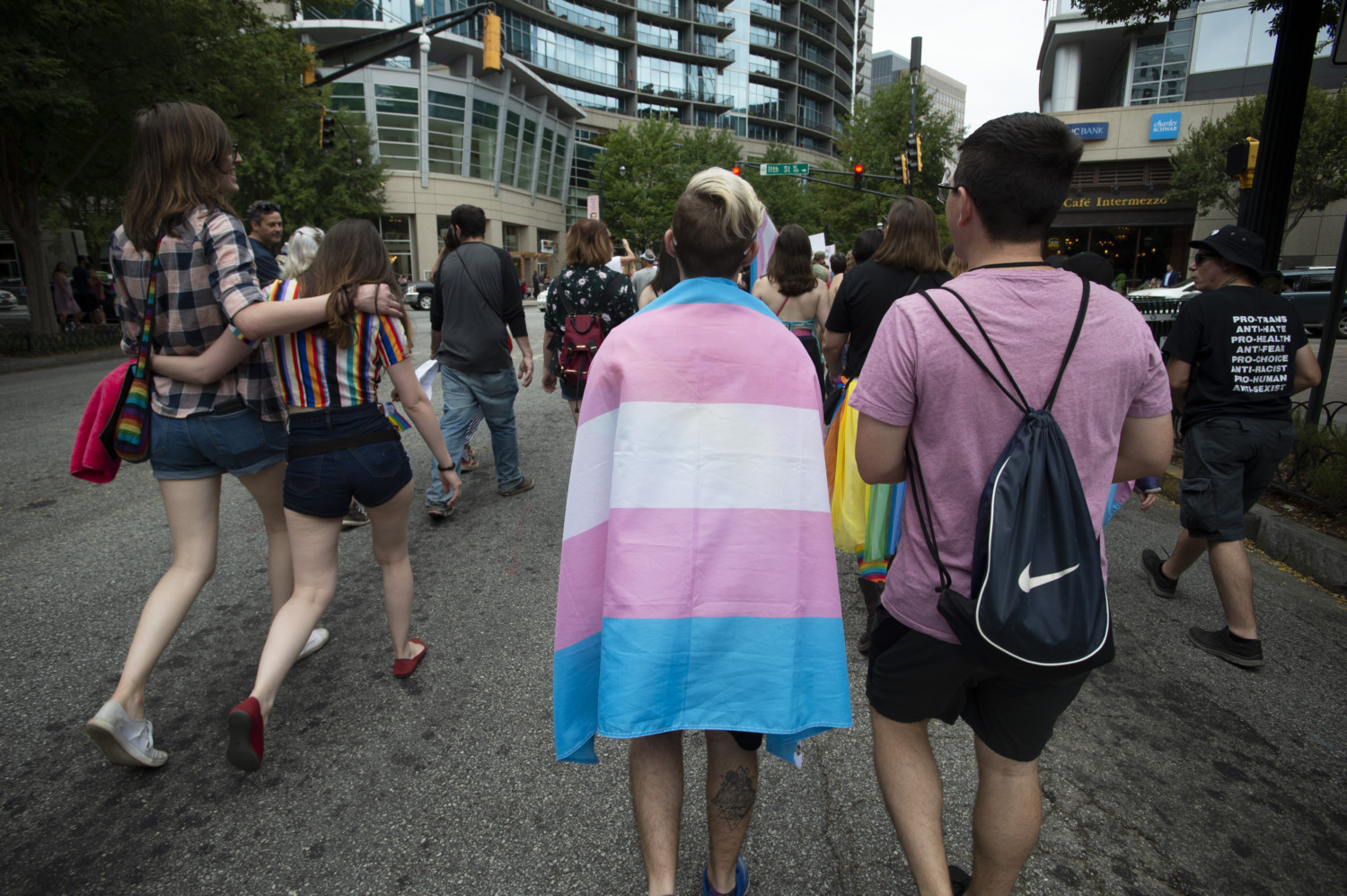A U.S. Court of Appeals recently ruled that schools are not allowed to prohibit transgender students from using the bathroom that matches their gender identity.
In a 2-1 vote, the 4th U.S. Circuit Court of Appeals (based in Richmond, Virginia) ruled in favor of Gavin Grimm, a former student at a Gloucester County, Virginia, high school. He claimed his rights were violated when he was denied access to the boys’ restroom in 2015.
The court said that Grimm is protected under federal laws that bar sex discrimination in education, along with the U.S. Constitution’s requirement that people be treated equally under the law.

During Grimm’s sophomore year in high school, he asked permission from administrators to use the boys’ restroom. After an agreement was made, Grimm used the bathroom without any issue for about two months. But, according to the ACLU, who represented Grimm at court, parents and community members complained to the school board.
On Dec. 9, 2014, the board voted 6-1 to require transgender students to use “alternative appropriate private” restrooms and exclude these students from communal restrooms, the case brief says.
The recent 4th Circuit Court’s ruling stated the school’s actions were unconstitutional because they violated the Equal Protection Clause of the Fourteenth Amendment and Title IX for schools. Title IX reads as follows:
“No person in the United States shall, on the basis of sex, be excluded from participation in, be denied the benefits of, or be subjected to discrimination under any education program or activity receiving Federal financial assistance.”

Furthermore, the court’s decision also cited the Supreme Court’s recent ruling on discrimination against people based on their gender identity or sexual orientation. The school board’s bathroom policy, the court said, is a violation of Title VII of the Civil Rights Act of 1964.
“After the Supreme Court’s recent decision in Bostock v. Clayton County, we have little difficulty holding that a bathroom policy precluding Grimm from using the boys’ restrooms discriminated against him ‘on the basis of sex,'” the ruling read.
By restricting Grimm’s access, the high school acted with “a special kind of discrimination against a child that he will no doubt carry with him for life,” wrote Judge Henry Floyd in the court’s ruling.
Grimm’s case originally reached the Supreme Court in 2017 after President Obama’s administration interpreted federal law to allow transgender students to use bathrooms aligned with their gender identity. However, Grimm’s case was sent back to the lower courts after President Donald Trump revoked that interpretation.

Following his victory in court, which also included requiring the school board to pay one dollar in damages as well as legal fees, Grimm expressed his satisfaction with the ruling.
“[The decision] is an incredible affirmation for not just me, but for trans youth around the country,” he said in a statement. “All transgender students should have what I was denied: the opportunity to be seen for who we are by our schools and our government.”
The decision follows several other rulings favoring trans rights, including one earlier this month from the 11th Circuit Court of Appeals in Florida also affirming the right of trans students to use the bathroom that corresponds to their gender identity. Additionally, a federal judge in Idaho recently blocked a state law that bars transgender women from participating on sports teams.
This story originally appeared on Simplemost. Checkout Simplemost for additional stories.


